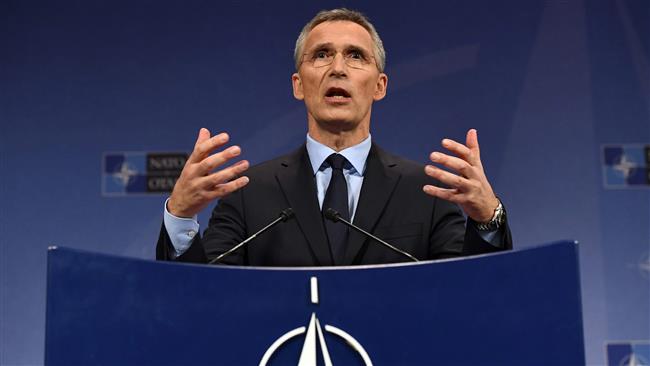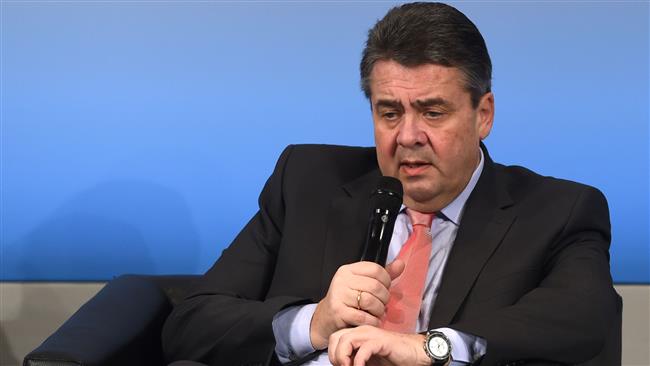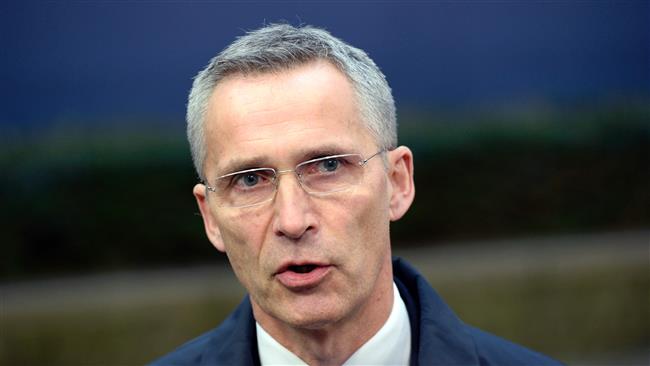Germany plans to respond to cyber-attacks: Defense Minister
The German military has the authority to respond with "offensive measures" if its computer networks are attacked, German Defense Minister Ursula von der Leyen said on Wednesday, amid growing concerns among German lawmakers about control of such actions.
Von der Leyen, speaking at the opening ceremony for Germany's new cyber command in Bonn, gave no details of what kind of retaliation she had in mind.
"If the German military's networks are attacked, then we can defend ourselves. As soon as an attack endangers the functional and operational readiness of combat forces, we can respond with offensive measures," she said.
She added that the German military could be called in to help in the event of cyber-attacks on other governmental institutions. During foreign missions, its actions would be governed and bounded by the underlying parliamentary mandate.
Von der Leyen's decision to sanction offensive cyber actions in principle has caused some concerns among German lawmakers, including Agnieszka Brugger, a member of the pro-environment Greens and member of the defense committee.

Military ombudsman Hans-Peter Bartels, who fields complaints from soldiers for parliament, told the Neue Osnabrueckner Zeitung newspaper on Wednesday that every offensive measure required explicit approval by the parliament since Germany's military is a so-called "parliamentary army".
German officials told reporters earlier this week that the government was scrambling to respond to serious and growing cyber threats, but civilian officials said they lacked the legal framework to retaliate with cyber-attacks of their own.
Read More:
However, von der Leyen made clear on Wednesday that she was convinced the authorities were clear in the military realm.
Von der Leyen said Berlin was increasing expenditure to keep up with technical innovations.
Germany's current military budget included 1.6 billion euros for information technology-related items, ranging from new radios and hardware to service contracts, and spending was slated to increase significantly in 2018, she said.
(Source: Reuters)
VIDEO | Press TV's news headlines
VIDEO | Syrians boycott electricity bills after 800% hike
VIDEO | Domestic breakthroughs place Iran In laser leadership
Trump threatens Iraq over ex-PM Maliki’s return
VIDEO | Tehran tax administration building destroyed in organized arson, explosion
National unity will block threats to Iran’s territorial integrity: Intelligence minister
VIDEO | Israel-US scheme for Gaza
VIDEO | Iraqi parliament delays vote to elect new president














 This makes it easy to access the Press TV website
This makes it easy to access the Press TV website